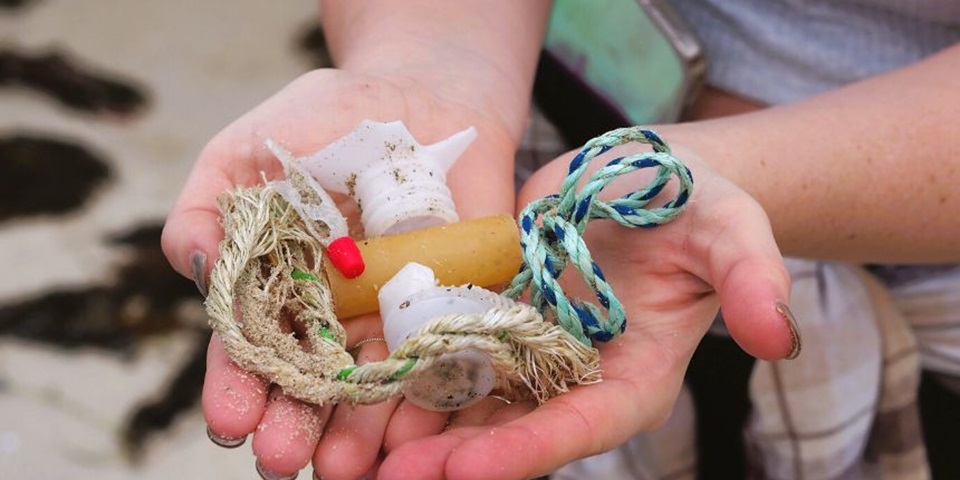News
Microplastics continue to cause havoc to our environment

Damaging microplastics and particles are posing a threat to organisms.
New research and footage captured by Murdoch University scientists show how damaging microplastics are to the environment with particles posing potential threat to organisms when ingested.
A new analysis using a novel elutriation method, a case study on abundance and spatial distribution of microplastics, led by Head of Discipline Environmental and Conservation Sciences Jennifer Verduin, shows microplastics accumulate at a density of 43 particles per kilogram of sediment.
“Plastics are synthetic polymers and because of their unique properties, plastics are used extensively in a wide variety of packaging, industrial applications and even cosmetics,” Professor Verduin said.
“The longer plastic materials stay in the marine environment, weathering and disintegration processes will generate an increasing number of smaller microplastic materials (smaller than 5 mm in length) including fibres from clothing, marine netting and so on.
“These microplastics are easily transported by wave action and ocean currents. Once they are deposited on beaches, they can also be carried by the wind to accumulate in specific areas.”
Marking the last day of Plastic Free July, the Harry Butler Institute at Murdoch University organised 37 staff and students to participate in a clean-up morning at Woodman Point as part of the global movement that inspires people to reduce their plastic use and contribute to a cleaner environment.
Two divers braved the cold water scouring the ocean bed floor for rubbish resulting in almost 100kg of rubbish being removed from the ocean, beach and dunes, helping reduce the risk to marine and terrestrial wildlife from death, injury and illness caused by pollutants when left in the environment.
Just under a quarter of the total rubbish collected were recyclables, such as glass, hard plastics and aluminium cans.
The remaining 76 per cent was composed of non-recyclable waste products such as rope, fishing line, plastic cups, plastic bags, rubber, bags of dog poo and take-away containers.
Many of these pollutants are known to harm or kill wildlife directly, or break-down into microplastics that cause further harm to marine fauna.
Following the success of the first clean up day, the institute now intends to hold them every quarter. Keep an eye on the HBI website for more information.
Want to ensure a plastic-free ocean for generations to come? Find out more about our Bachelor of Science (Environmental and Conservation Sciences) and Environmental Science and Management, and Marine Biology majors.
News
Microplastics continue to cause havoc to our environment
Posted on
Topics